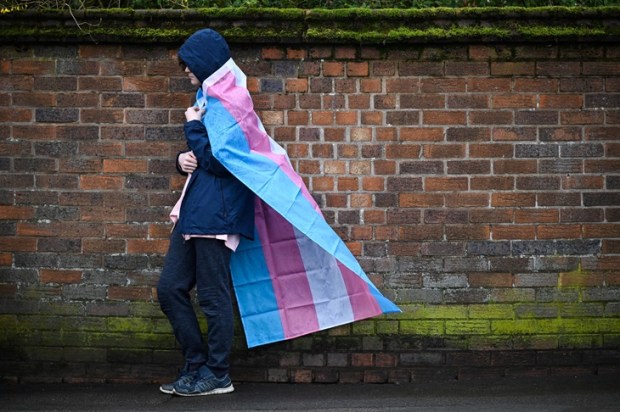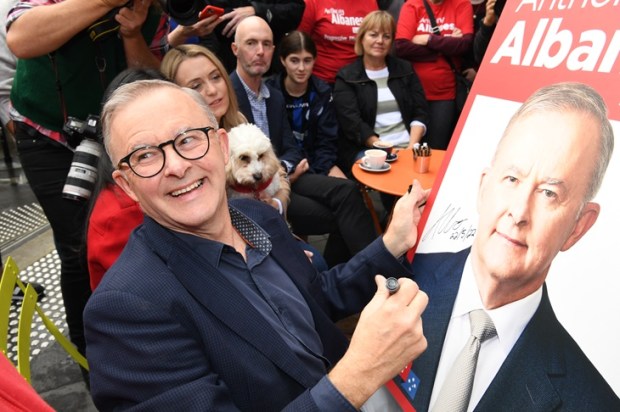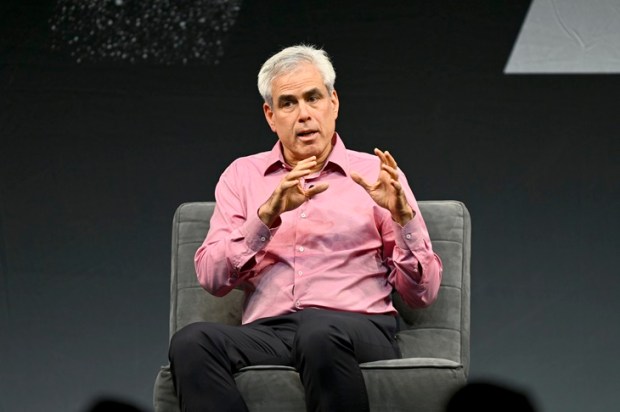It is the New Year season, so I thought we should celebrate around something that will be common to all of us – and that common theme is ducking and weaving for cover while too many of our leaders project their irrational fear of what is happening with our energy use and supply.
‘What is irrational about being afraid of running out of energy?’ you may ask. ‘Nothing!’ would be a proper response. But there is something irrational when we respond to our fears in ways that hurt people rather than help them. And that is where our irrational ‘phobia’ about energy seems to be sitting in Australia.
When I wrote to the Prime Minister raising concerns about how he was responding to the ‘science’ of energy supply, I received a very personable reply from one of his staffers. But they were forwarding the usual information from international experts without any commentary on why the government was interpreting this information through the lens of emergency measures that hurt people. There was nothing in terms of testing the government’s so-called ‘settled science’ through alternative scientific presuppositions because – as Kuhn and also Polanyi have clearly shown – science starts with assumptions. Some of those assumptions are made explicit while others, not so much.
The response I received was technically shallow. It is one reason I still shudder whenever I hear this government use the phrase ‘the science is settled’. I am disheartened when I hear students repeat this ignorance, because this is where the catastrophism starts – from a fear that is not real. When I write ‘not real’, I am not engaging in saying exactly what may or may not be happening in the world’s climate. I do know it changes (easily confirmed by both world and geological history). I know there are consequences. And I also know that the irrationally promoted fearfulness generated by our politicians needlessly hurts people.
Some of the hurt and pain is recognised by sophisticated economists who do not ignore history (any discipline is diminished when it is practised ahistorically – particularly politics).
As Judith Sloan observed:
‘The recent energy measures demonstrate clearly the lessons of bad approaches are never fully learnt. We are about to repeat the policy mistakes of the 1970s when price caps seemed like a seductively simple remedy.’
Others also note the hubris of our leaders in their fear-mongering rhetoric and actions, and the pain they cause because of what appears to be personal reasons:
‘Rather than admit he couldn’t actually deliver on his $275 electricity price reduction, Anthony Albanese has made the misguided move to effectively nationalise the power grid to make it look like he’s doing what he said he would.’ (Caroline Di Rosso)
Other observations about these impacts are much more personal. My mother-in-law died early in 2022. In her last winter, she worried about using too much electricity to heat her assisted living apartment during winter, as did her friends. At the other end of life’s journey, too many of my secondary and tertiary students only know one lens through which to process the alarmism they hear. I see how such alarmism has an impact on their rational capacities.
That is because the lens they are using is a religious lens. It is the same kind of lens that Douglas Murray explains with reference to another cult of our time – Critical Race Theory. But the same three principles (from McWhorter) apply to energophobia being based in a religious frame that insists on bigotry: it has original sin (the energy producers and previous politicians have done us wrong by not getting into wind and solar sooner and bigger); it has a judgment day (the collapse of the world – which, like in other religions, has been predicted many times in the past, but which is smoothly and continuously pushed forward when that day comes and goes); and it has ‘excommunication of the heretic’ (scoffing, sneering and laughing at anyone who tries to interrogate the science, the modelling, and who suggests alternative responses).
In contrast, we have so much to be thankful for. Murray has summarised it well in his chapter on ‘gratitude’. A phobia blinds you to such a state of the heart. And even though many say our Prime Minister and his leaders have demonstrated what being a ‘decent bloke’ looks like, when I see that smile of his and those appeals to being ‘kind’ and ‘not hurting the souls of others’, I see and hear the villain in the movie V for Vendetta. It is a spirit that breeds fear, covered in a cloak of niceness – a sickly, shallow, and smoochy way of life that takes more from those who can least afford it, and fills the coffers of big government and some in big business. Such is the path of socialists who are not sensible.
Our choice is to call out the irrationality of this phobia, or else, to steal Joel Kotkin’s term, sink into a pseudo-feudalism that harms the poorest and crunches the middle class, so that the few autocrats, in partnership with politicians, increasingly have influence and control.
As Bloomberg and Peterson recently wrote:
‘We alarm ourselves with unwarranted apocalyptic prophecies, ignoring the fact, for example, that increased wealth and resilience has actually reduced death risks from climate-related catastrophes like floods and storms by more than 99 per cent over the past century… Our excessive focus on some problems and our scattered attention in relationship to the rest means we are dooming people who could have been efficiently lifted out of their terrible poverty and ignorance.’
It is a new year – let us fear not as we pursue truth.

























